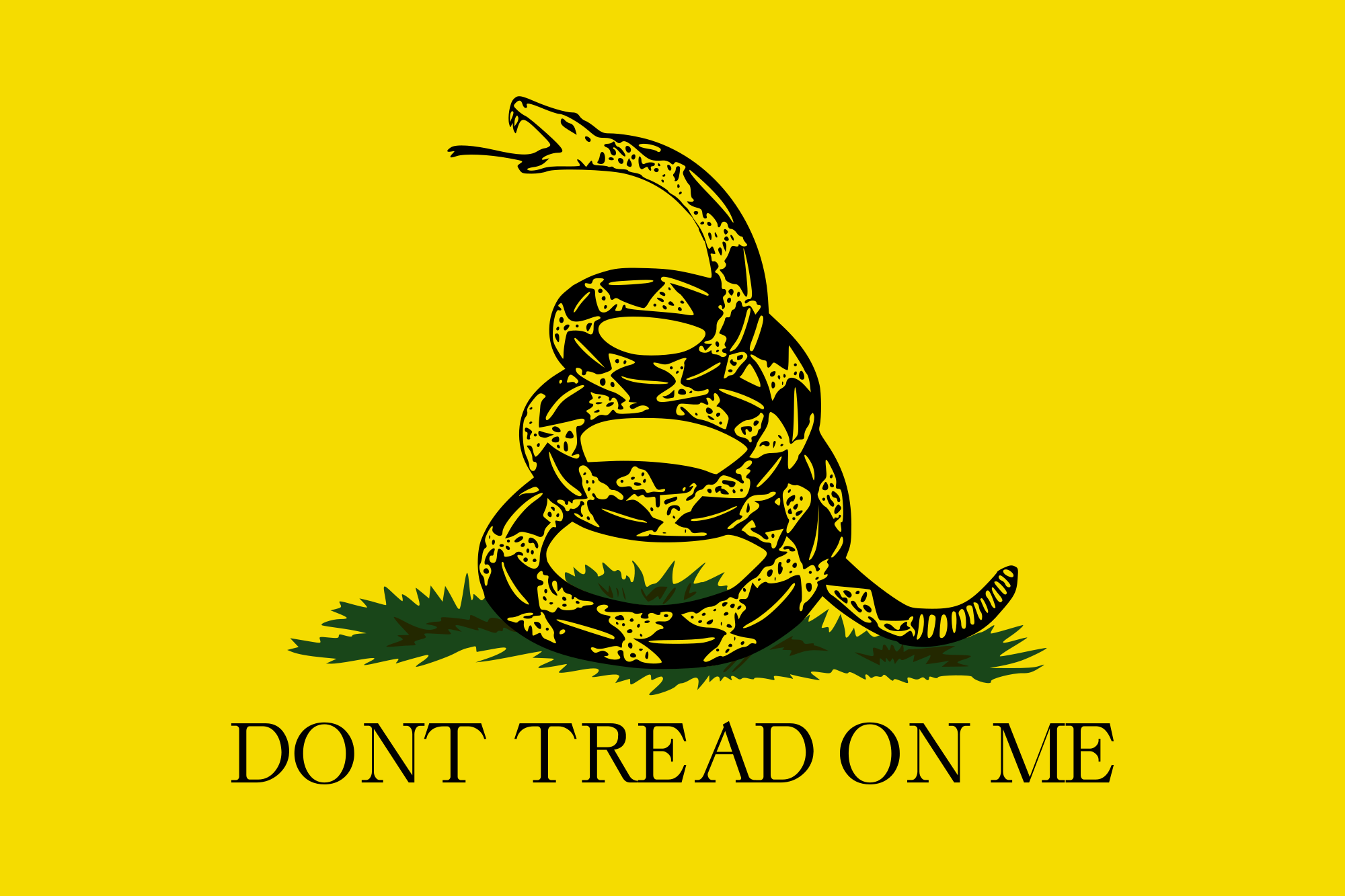What is
terrorism? This is a question that has been ever present since the 2001 9/11
attacks. And it has remained unanswered in any concrete way. It can involve one casualty or hundreds. At the same time, it can even involve 0 casualties.
Terrorism can also utilize several different venues to make a statement. It can
use suicide bombers, as seen in the Iraq conflict. It can also use biological and chemical agents, such as the 2001 Anthrax
Mail attacks which killed 5 people. Terrorism can utilize a diverse number
of tactics and venues to send its message across. Yet, it is still undefined.
Terrorism
cannot be defined by number of dead, maimed, or negative effects it has created. It has also
been shaped by the public’s changes of perception. For instance, the public of
1982 loved the actions of John Rambo in First
Blood. He managed to evade capture of the US police and army using guerilla
tactics that led to 1 officer’s death and several wounded police and soldiers.
Yet, the reaction would be very different if a similar story were to occur in
the post-9/11 setting. In many ways, terrorism is defined by the perceptions of
the beholder. It’s knowing that something is a duck when you see it. But this
could lead to its overuse or its mislabeling. It is a malleable term that is
heavily influenced by the public’s biases.
On June
8th, 2014, Las Vegas was struck by what was undeniably an act of domestic
terrorism. Soldo and Alyn Beck attacked LVPD officers after shouting
something about a revolution. They attached a note claiming that the revolution
had begun, attached Nazi symbols to the dead officers, and draped a Gadsden
Flag (The “Don’t Tread on Me” Snake) over one of the dead bodies. While some
researchers, such as John Schindler, who works at the Naval War College, and
J.M. Berger, a domestic extremism expert, declared the attack as being
terrorism, the media largely avoided the term. Yet why did they? The act fits
the majority of terrorism definitions. It was an attack that sought to send a
politicized message of fear. Some, such as the author of the article, would
claim that it was the lack of any Islamic identifiers amongst the attackers
that caused the media to avoid the term.
Our
public perception of terrorism helps define it. We often view it as a violent,
politically charged attack against Americans that was committed by an Islamic
extremist. We also view that these attacks have been on the rise since 9/11.
Yet, that would be false. Terrorism
has actually been decreasing. There were 11 acts in 2011 in comparison to
the 120 acts that were committed in 1975. Additionally, a large number of
attacks have been carried about by homebred, apple pie eating Americans who
have far-left/right tendencies as seen by the Oklahoma Bombings that injured
150 people. The politicization of attacks being a perquisite of terrorism is
also up for debate. For instance, the DC Snipers were charged under Virginian Terrorism
charges, yet their end goal was to receive 10 million dollars to stop their
attacks.
The perception
of terrorism and its definition is constantly in flux. It also reflects our
eventual change from a Cold War viewpoint. It is undeniable that a large portion
of NSC organizations still operate under some influence of its Cold War
history. It is what causes us to invest more in spy satellites than in the
HUMINT sources that are more effective in our global war against terrorism.
Yet, the post-9/11 world has begun to edit facets of it. We now have a DHS. The
FBI is finally beginning to embrace the technology it ignored in Spying Blind. The Military now has an
updated COIN Manual.
The
definition of Terrorism will probably never be concretely defined. It will
always remain partially abstract. This will forever effect how the public and
policymakers react to terroristic events. By understanding the malleability of
the term, it is possible to see how and why government agencies and policies
change to address it.











